In my article yesterday I suggested that if you consider yourself a pro video shooter you should consider upgrading to a pro camera. I got a lot of debate from this idea and the resounding statement that many people said was that a pro camera does not make you a pro shooter. And in the same thought a crappy camera can be made to shine in the hands of a skilled professional.
This I agree with 100%. However, I think people confuse two different forms of professionals. I want to separate them and challenge you to consider where you stand.
The “Professional” Artist
This is someone who is experienced in every facet of their art form. In video, they are skilled at lighting, composition, storytelling, etc. They could make an iPhone shine. They are not limited by the the camera they choose. In fact some enjoy the challenge of producing content on a “less pro” medium.
The “Professional” Business(person)
This is someone who not only enjoys the art of their craft, but also chooses to do it for a living. They have clients that they work with to produce content for. They have income and expenses, marketing and competition, due dates and revisions, etc. For the businessperson, their art form is what they sell and the quality of their equipment simply backs that up.
I’ve always said there are three things that make up a “professional” shooter:
- The ability to see a shot.
- The ability to own (or have access to) the gear.
- The ability to use the gear to get the shot.
I’ve seen a lot of people with fancy gear and crappy video. On the other hand, I’ve seen really talented people who have been limited by the gear at their disposal.
The other half of the equation I touched on in a previous article, Camera Gear: DIY vs. Buy. In this article I discussed the advantages of building DIY gear versus the advantages of owning professional gear designed to do the job right. This point can be made for the cameras as well. A paying client shouldn’t have to deal with the limitations of your gear. If they do, don’t expect to charge top dollar.
There are TV ads being shown in your town that ranged in budget from $100 to $1 million+. What made the difference? The skill of the the shooter/agency, the quality of the message, the talent in front of the camera, the expenses in props, locations, etc. and finally the equipment used. I promise you most $500,000 TV ads were not shot on a Handycam and most $100 ads were not shot on a Red Epic.
IF you are a professional, IF you are charging your clients money and IF you plan on doing video as some sort of business into the near future, I would suggest that your gear reflects your rate. If you’re charging your clients pennies to shoot something, then by all means, a DSLR may be more than sufficient. But if you want to step into the realm of high-end clients and larger rates, then it’s time to up your game.
Consider the following good advice to keep in mind: If you want to compete with other video professionals in your area, the DSLR will not cut it in the near future. Technology evolves and you have to stay with it. Those who don’t are left in the dust. Just drive down your street and look at all the vacant office buildings from companies who couldn’t maintain a profit in today’s market.
All that said, an artist is free to paint with whatever brush they want. Keep experimenting and growing in your craft. It is incredibly exciting to see what people are doing with the limitations they are presented with.

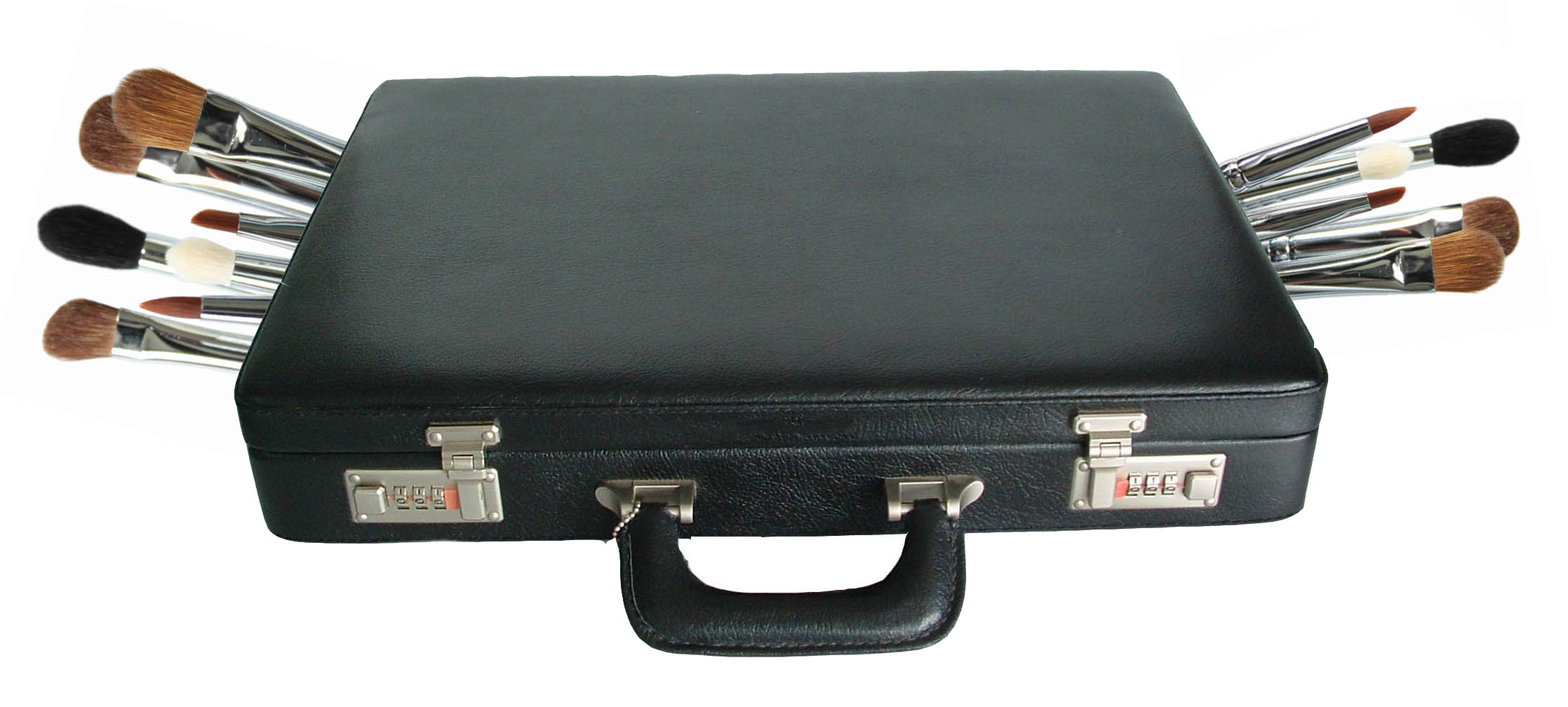
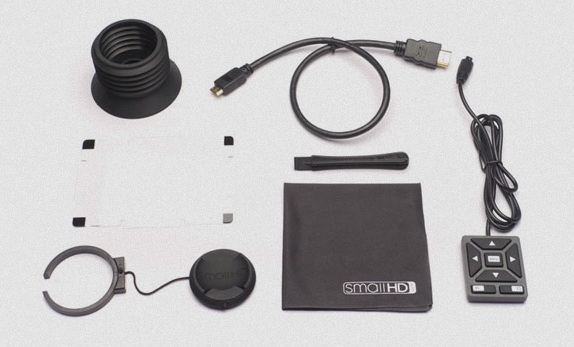
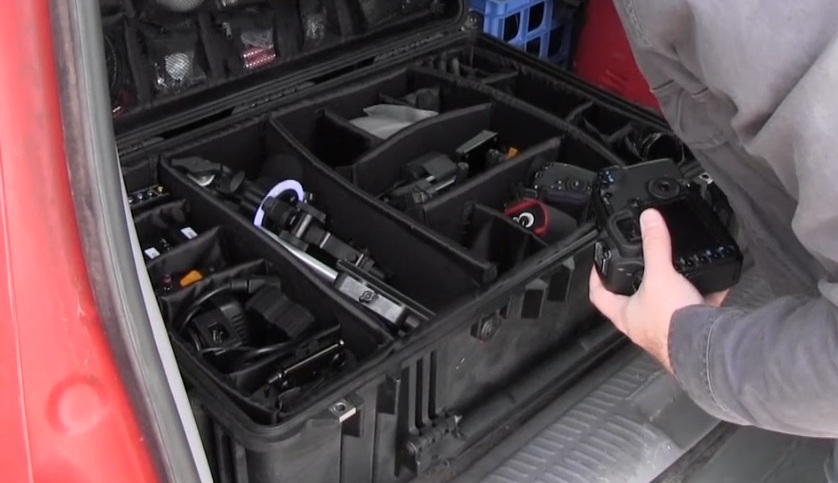
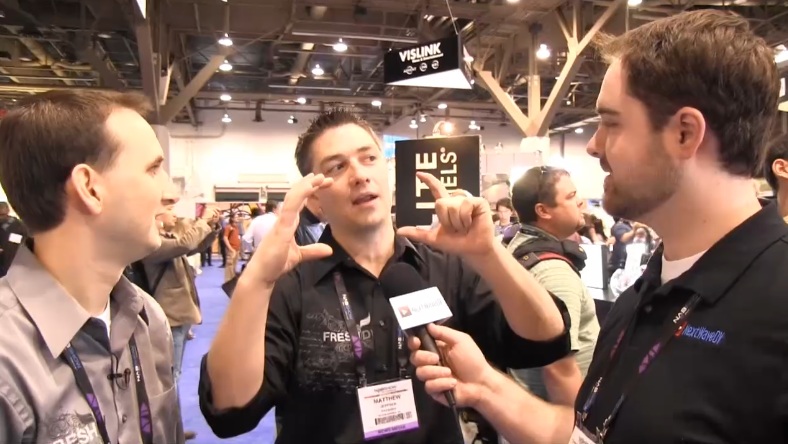
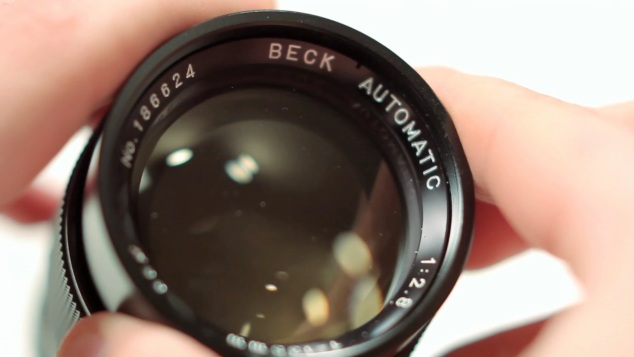
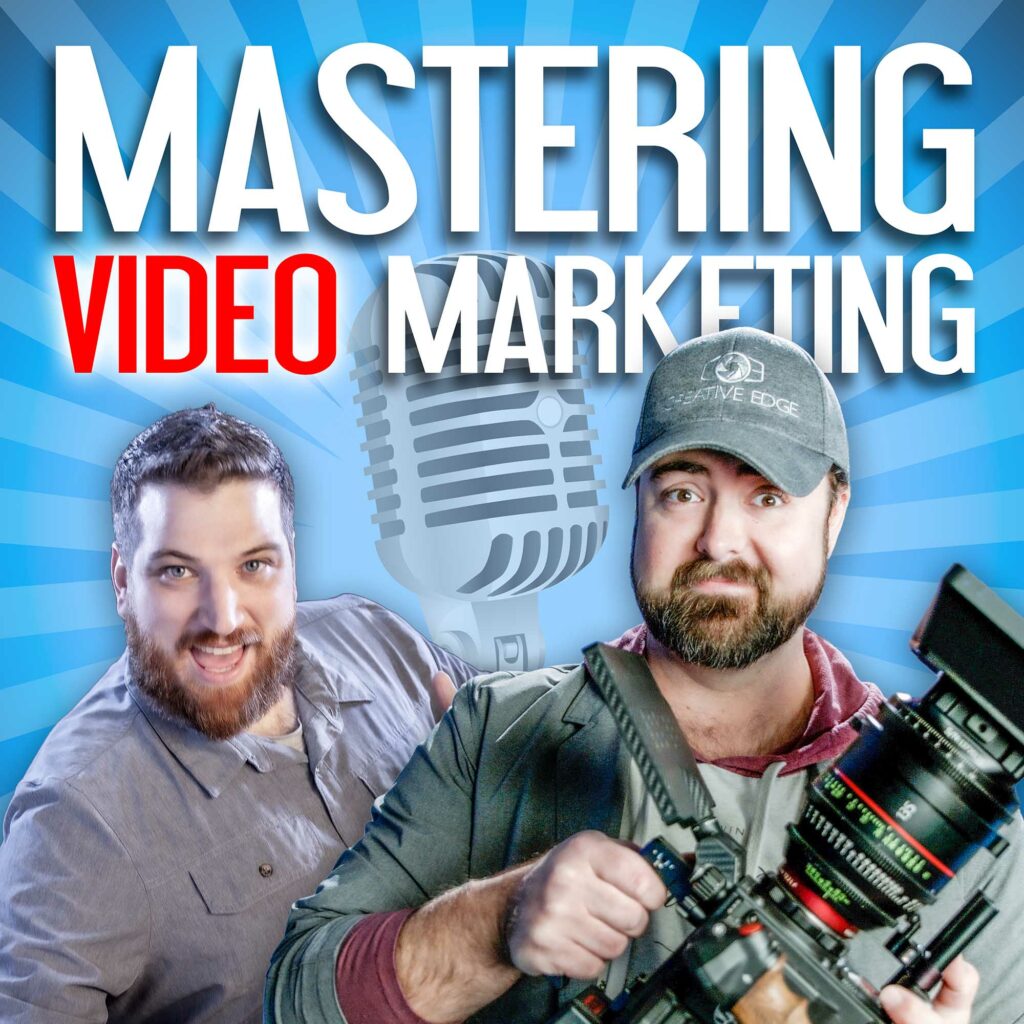

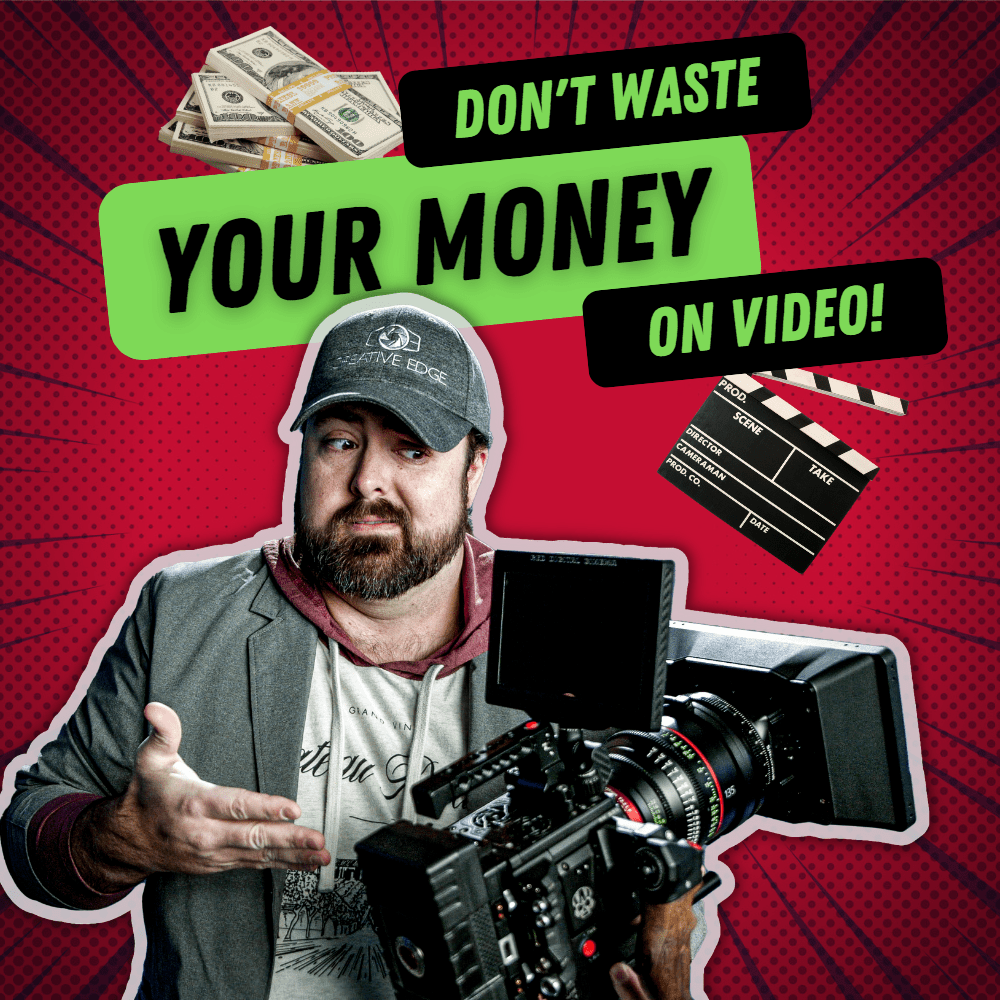
Very good article. However, expect another backlash as people argue that a DSLR camera is just as good as a $50,000 broadcast camera.
The video revolution has produced a lot of overnight videographers who barely know their equipment and suffer from severe shortcomings in their technical know-how. It’s the lottery mind-set that says that you can spend $2,500 on equipment and become an overnight superstar.
But this isn’t a democracy, you need to earn your experience through hard work, just like any other technical trade.
Gosh Tony, I don’t know about this post brother. A lot of pros still use DSLR and will continue doing so once the 1DC and the like come out. “If you want to compete with other video professionals in your area, the DSLR will not cut it in the near future.” Hard to dogmatize anything in the video world my friend. I’ve seen 100 year old lenses make a comeback just because they look awesome on modern systems. Not every client wants the infiite white background with the cheesy AE templated graphics. Furthermore, I see so many “experts” try and put out video tutorials and spin their two-cents throughout the blogosphere… there’s really only a few active bloggers that have any skill, and you can tell by their work, lotta posers out there. Keep it light! ~ D.
It’s about how much you charge, for what & how much this segment can actually afford.
Good point, although it’s pretty much the same point you made before. I’m one of those Business Shooters who wishes he was an artistic shooter. I started off with Video cameras and switched to DSLR, and I have to say I receive more repeat clients because of that switch. But that’s a Full Frame issue NOT a DSLR issue.Â
You’re right, we as Videographers have to stay up with the technology. But that goes true for even the RED, someday that will be obsolete too. Of course we have to stay with the trends and not fall behind, hence why no one shoots SD anymore, that’s pretty much a given. In two years that FS100 will be obsolete as we’ll be shooting everything 4k. Â It’s not just about DSLR’s, it’s about all technology.
And lastly, most pro’s and I mean real Pro’s don’t own any gear. That’s what rental shops and billing the client is for. Not too Cinematographers  can afford to own an Alexa. And technically any camera that records AVCHD is still considered Prosumer. Which is better than most but I’m not running down the streets bragging about it. The only time I could think it would matter is if it’s for broadcast, but then the Canon XF100 and XF300 would be the better choice for a pro who wants true 4.2.2
Good topic though, wish I put it on my blog lol
Yeah, seems like the same point as before and I’ll continue to respectfully disagree.